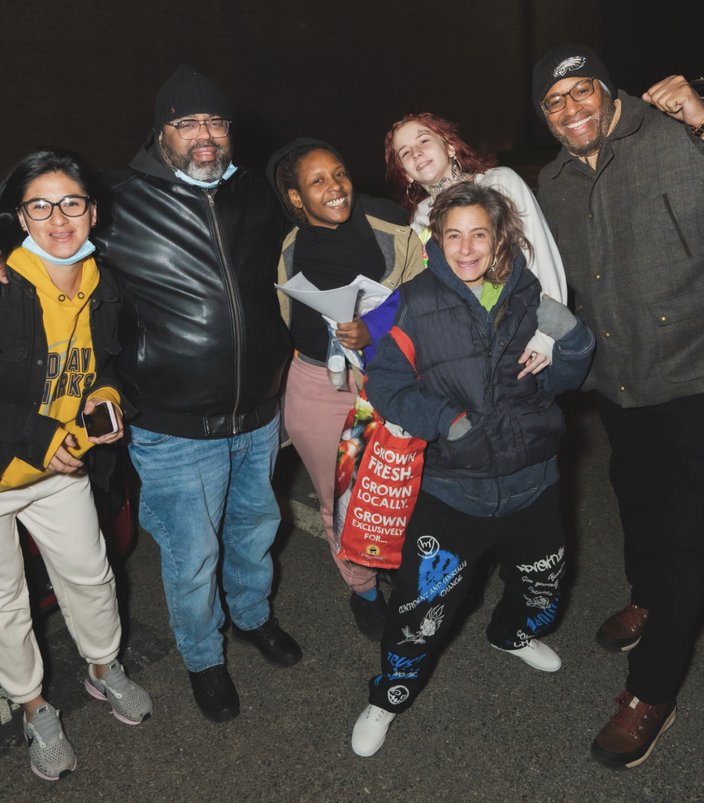
December 24, 2022
 Danielle Parhizkaran/USA TODAY NETWORK
Danielle Parhizkaran/USA TODAY NETWORK
Philadelphia rapper Meek Mill paid the bail for 20 incarcerated women from Philadelphia to bring them home for the holidays. The rapper partnered with Michael Rubin and Jay-Z in 2018 to create Reform Alliance, an organization focused on criminal justice reform.
Being home with your family for the holidays is something many people cherish, but not everyone has the opportunity to do. Thanks to Philadelphia rap star Meek Mill, incarcerated women from Philly will be with their loved ones this year.
Mill paid the bail to release 20 women from Riverside Correctional Facility. Five women were released in time for Christmas Eve, and another 15 will be released over the next week. Each of the women will also receive a gift card to buy groceries or gifts.
"It was devastating for me to be away from my son during the holidays when I was incarcerated," Mill said in a press release. "So I understand what these women and their families are going through. No one should have to spend the holidays in jail simply because they can't afford bail. I'm grateful for the opportunity to help these women be with their families and loved ones during this special time of year."

Mill, who has had his detailed troubled past in the prison system, has been committed to reforming criminal justices since his April 2018 release from prison, which ended a 12-year case. Mill was initially arrested for illegally possessing a firearm in 2006 and 2008 for drug and weapons charges. Over the next decade, Mill faced legal trouble related to probation violations.
In 2017 Mill was arrested after a noise complaint for popping wheelies on his motorcycle. He was given two to four years in jail for violating his parole and served five months before his April 2018 release.
In 2019 Mill's 2008 conviction was overturned, closing the door on his 12-year-long legal battle.
Because of his dealings with the prison system and the judge who preceded his case, Genece Brinkly, who Meek and his lawyer say used the rapper to make a statement, he has dedicated his life to criminal justice reform.
With the help of co-founders Michael Rubin and Shawn "Jay-Z" Carter, Mill started the non-profit organization Reform Alliance.
Reform Alliance is committed to changing probation and parole through law changes and system modifications.
"A justice system that holds people accountable and redirects them back to work and wellbeing leads to stronger families and safer communities," the organization's website reads. "Instead of keeping people trapped in a revolving door from probation/parole to prison — which costs taxpayers billions of dollars — we're working to move people from the justice system into stability."
The non-profit organization has helped pass 16 bills in 10 states to change the parole system.